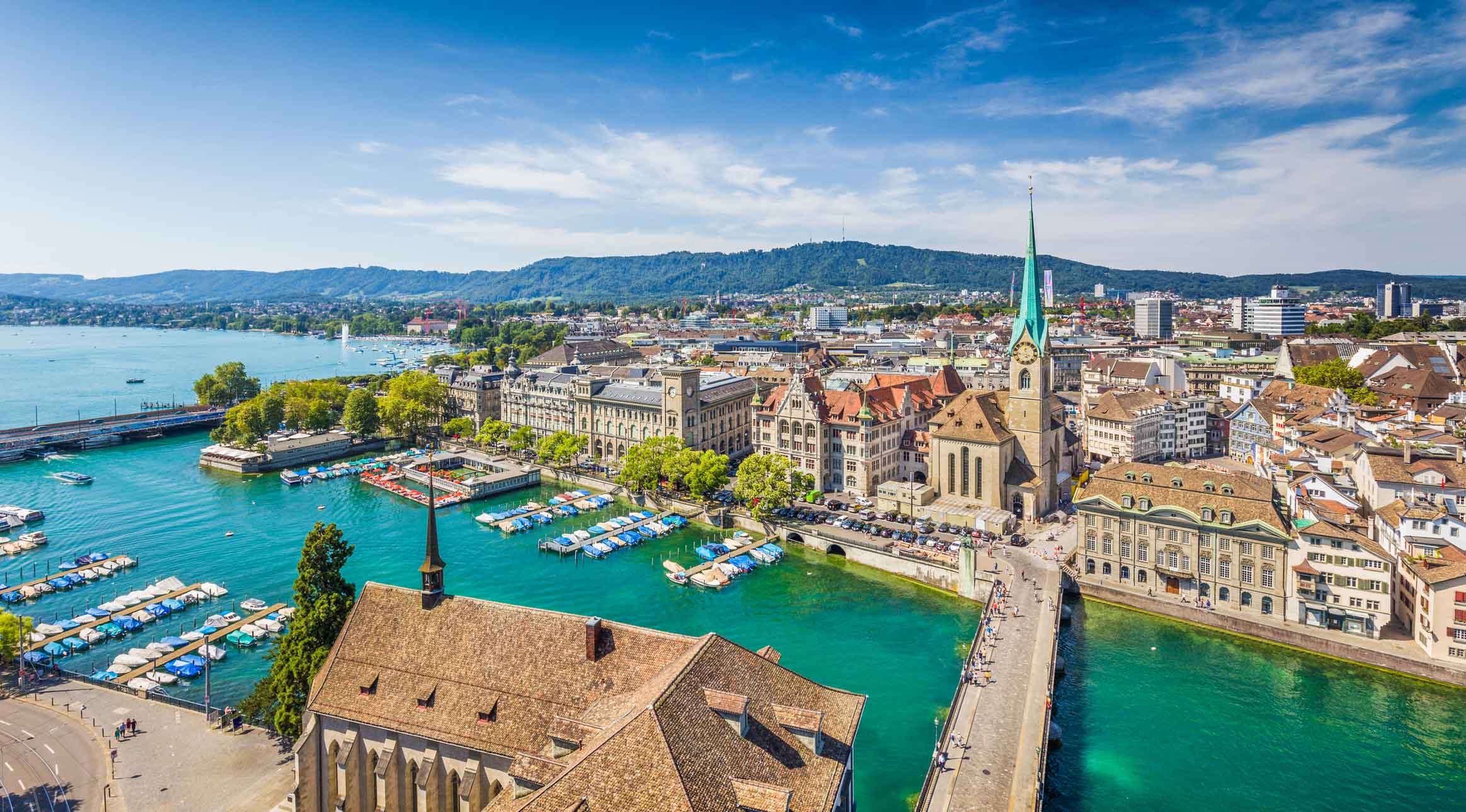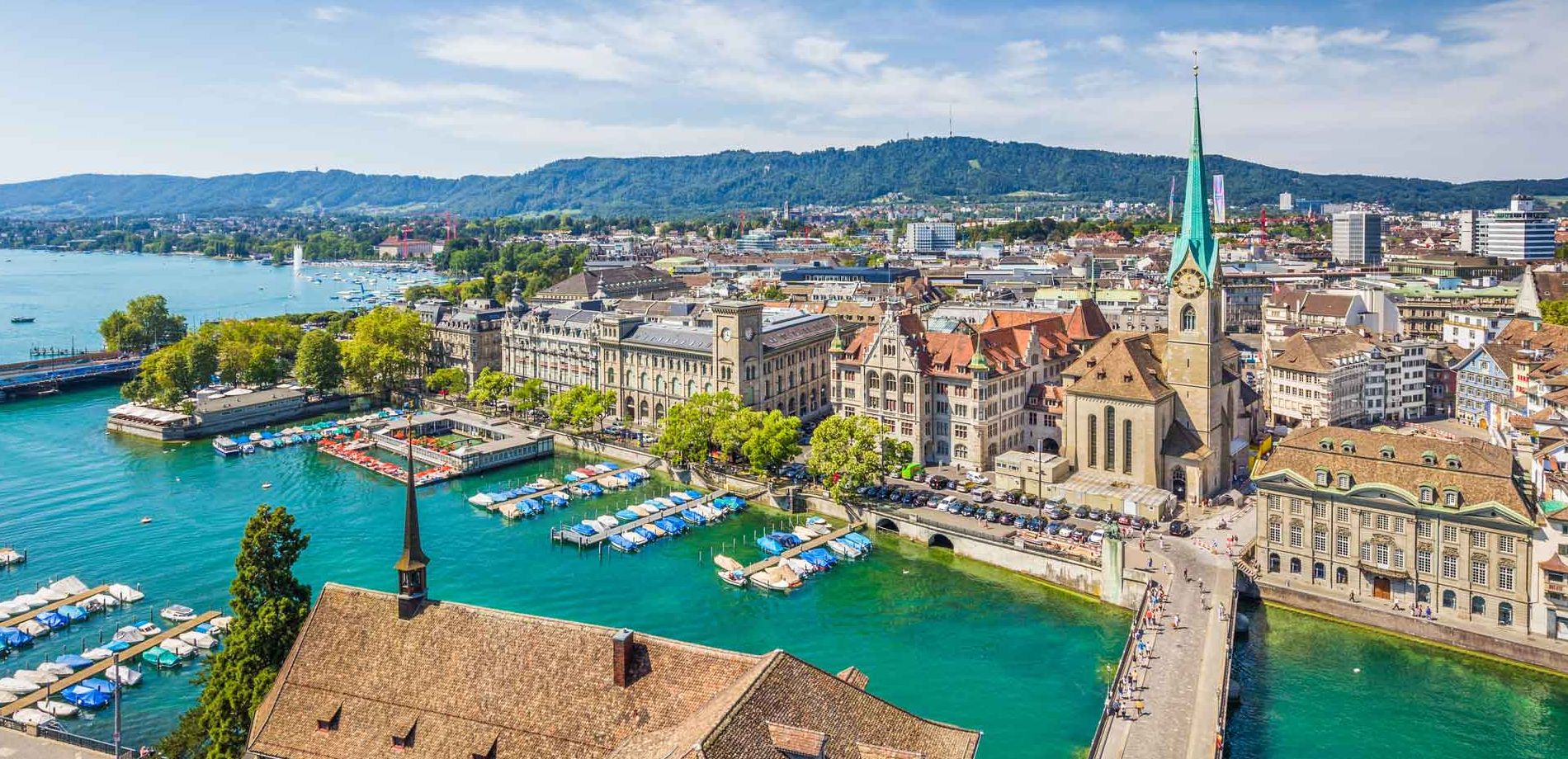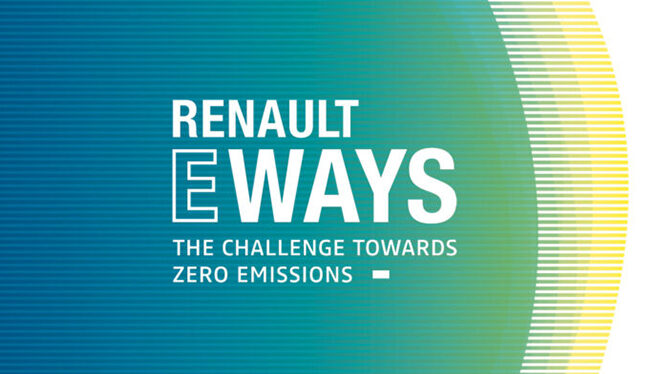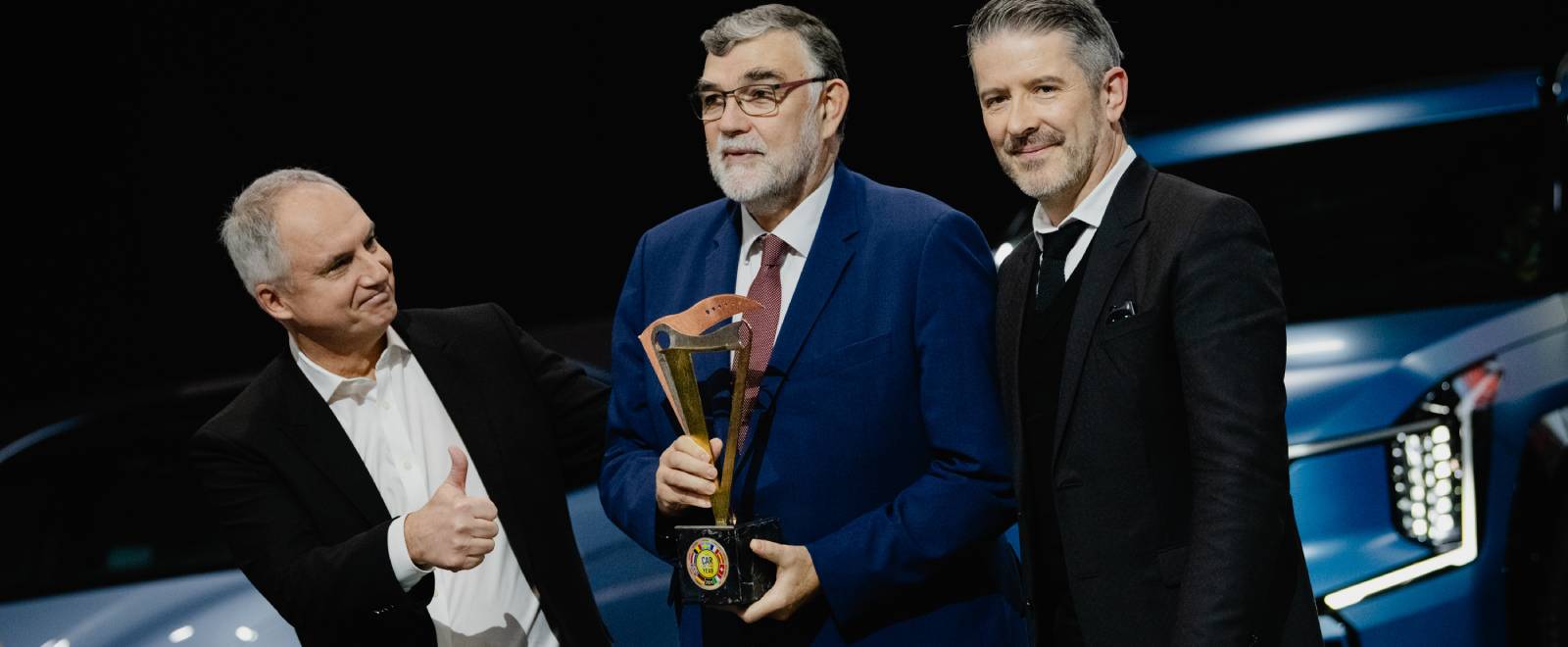

Once upon a time, having high-speed internet was enough to qualify you as a “smart city.” But today, with the Internet of things (IOT,) there are more shared services and systems, and more ways for cities to be made healthier, safer, cleaner, and generally more pleasant to live in, than ever before.
Connectivity is obviously key to these ecosystems, and the high-speed internet connections offered by 5G open up new possibilities for the development of new services. In ‘smart cities’, these new types of information and communications technology are used to benefit the public, mobility, and the environment.
Sustainable mobility is at the heart of the smart city
Mobility and transport, major challenges for ‘smart cities’, have already undergone a profound transformation. Cities are developing solutions to reduce pollution by making traffic more fluid, simplifying parking (with smart car parks) and encouraging green travel (namely, with electric vehicles). Tomorrow’s information systems will allow users to choose their route or mode of transport depending on traffic, weather or pollution levels.
Smart electricity networks are key for smart cities
Other challenges include: reducing energy waste and developing renewable energies via smart electricity networks, also called ‘smart grids’, which are able to adjust the electrical currents between suppliers and consumers. In a connected city, traditional urban infrastructures (buildings, pipes, roads) are coupled with real-time data exchange mechanisms. The electric vehicle is at the heart of smart grid, particularly because of its connectivity. This grid enables smart recharging, which draws electricity when it’s at its most accessible, and returns it when it runs out.
Citizens at the heart of the smart city
A real societal project, the city of tomorrow makes the citizen an active consumer. The use of digital technology and artificial intelligence opens the door to unlimited possibilities in regards to everyday life (simplified administrative procedures) as well as health (tele-medicine) and education (connected universities).
#1 Singapore is at the forefront of shared autonomous vehicles

This Southeast Asian city has made smart urban development its main tourist attraction. Singapore has been increasing its use of autonomous vehicles and has launched a car-sharing system for electric vehicles. It has put in place a sophisticated system of paid traffic, where prices vary according to congestion, neighbourhoods, hours and days of the week.
#2 Zurich wants to make its traffic more fluid

The Swiss city combines a smart building management system (heating, electricity and cooling are all interconnected) with a world-class public transport infrastructure. The city is characterised by its fluid traffic and its highly developed digital infrastructure.
#3 Oslo: a paradise for electric cars

Electric cars are king in the Norwegian capital, which intends to reserve access entirely for electric vehicles by 2025! The city has already implemented numerous measures to speed up their transition to “zero emissions” vehicles, notably by giving them access to bus lanes and offering free parking and reduced prices at urban tolls.
#4 Geneva: the queen of traffic flow

In addition to modular lighting specially adapted for different areas of the city, Geneva also stands out thanks to its smart parking system. A series of sensors detect parking spaces that are (or will soon be) available and informs nearby drivers through dynamic signs or directly on their smartphones. Drivers can also pay for parking directly online. This system has allowed the city to significantly lower the number of vehicles searching for a place to park (which can account for up to 30% of urban traffic!)
#5 Copenhagen: sensors for a zero-carbon city

A true urban laboratory at the forefront of connectivity, the capital of Denmark is at the top of our list. Copenhagen hopes to become a zero-carbon city by 2025. It has already started to equip all its streets with sensors, from lamp posts (whose sensors reduce energy consumption), to trash cans (for optimised waste collection). All its vehicles will also eventually be equipped with sensors.
* Zero emissions: neither CO2 nor regulated air pollutants while driving, according to the WLTP emission test cycle, excluding wear parts.
Copyrights : LeoPatrizi, fotoVoyager, bluejayphoto, Baiaz, Bim
Read also





